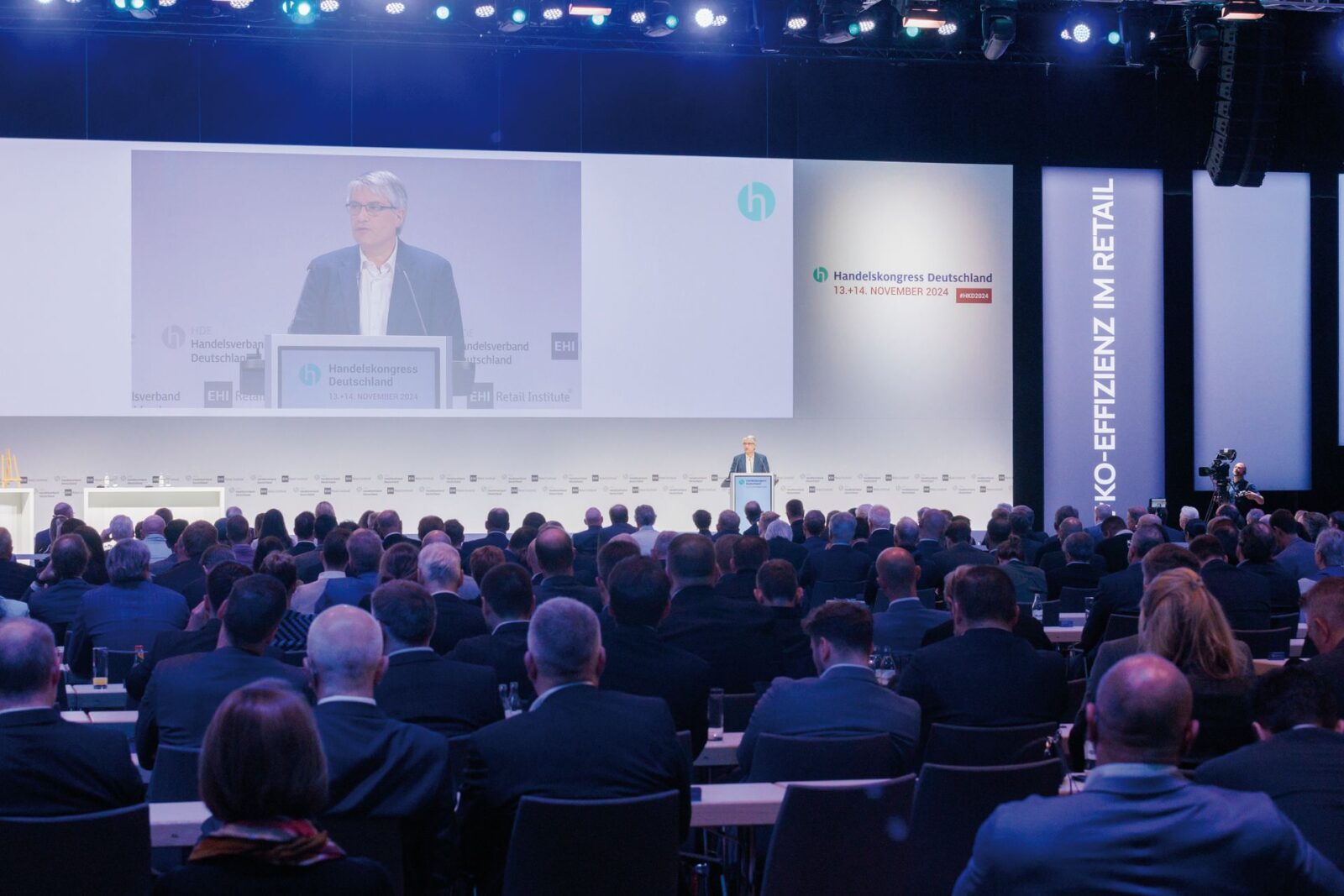In fact, the CDU leader, who was greeted by Judith Rakers as “the future chancellor,” took the hall by storm, with demands for things like a “more competitive economy” or a “Germany that is once again the leading country in economic development.” “Europe” must become. How? By “rolling up your sleeves,” says Merz. Citizens’ money needs to be renamed and “turned upside down” and incentives should be provided for the labor market. “We also have to talk about working time laws: only working 40 hours a week – and anything more than that is overtime? That’s nonsense,” that’s what Merz actually says. In energy policy, the focus on wind, sun and e-mobility should give way to openness to technology. He will simplify tax law (“You all remember my beer mat”). Finally, Alexander von Preen has a request regarding Hubertus Heil, whose host he will be the following day: The Labor Minister is very successful, so he will probably stay in his post in the next government, von Preen fears, due to the increased social costs ” “We entrepreneurs have a hard time with him” – can Merz say something about that? Can he: “The best thing would be if he were no longer in office.” Merz wants to ensure this simply by assigning the Ministry of Labor to the Ministry of Economics in the future. Labor Minister Hubertus Heil had no idea that his professional future had already been decided on an open stage the evening before – so much for questions of style, by the way – when he took the podium the next day. He invokes the government’s ability to act (“We are able to make the decisions that are important”) and describes the current economic renewal process, with framework conditions that are characterized by disputes caused by unfair competition and “an insane amount of protectionism”. . For the future, he advises “not to fall into trade wars” and to promote the expansion of renewable energies and their affordability. Jobs are secure against the background of the shortage of skilled workers and the impending withdrawal of the boomer generation. However, “we cannot do without older people who are healthy and can work longer,” says Heil, which is why he advocates flexible transitions and financial incentives. Training professions must also be increasingly advertised at high schools. In addition, AI must be “used in many areas,” qualified immigration must be made possible and bureaucratic hurdles must be eliminated. Finally, with regard to society as a whole, he warns against “unforgiveness and uncompromising, that is the worst thing that can be done to our economy and democracy.” He thanks retailers for their ability to “always find a solution in difficult times.” But now there are elections. And “anyone who thinks the election is already over,” says Hubertus Heil, “is wrong.”
“Crises are the new normal”






Leave a Reply